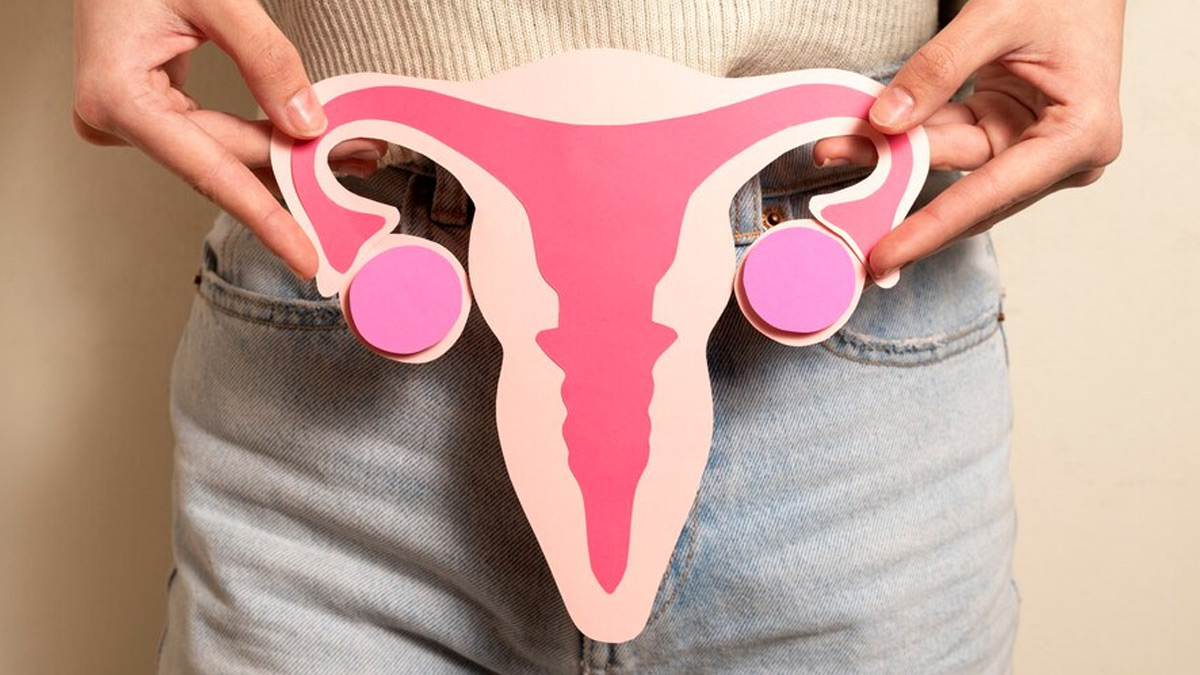
Polycystic Ovary Syndrome (PCOS) is a common hormonal condition that affects an estimated 8–13% of women in their reproductive phase. According to the World Health Organization (WHO), up to 70% of women with the condition remain undiagnosed and at risk of PCOS-related complications, which include infertility.
Table of Content:-
Hence, it is extremely crucial to be aware of PCOS symptoms, understand and address the reasons why people often delay its diagnosis, and know all about the tips to manage the condition, especially in the young female population.
When Do Women Develop PCOS?

Speaking with the OnlyMyHealth team, Dr Archana Dhawan Bajaj, Gynaecologist, Obstetrician and IVF Expert, Nurture IVF Clinic, New Delhi, says, "PCOS is a common cause of female infertility among women of reproductive age... This lifelong health issue lasts much beyond the childbearing years."
She adds that it commonly occurs shortly after the first menstrual cycle; however, women tend to recognise PCOS when they are unable to conceive.
This also suggests that PCOS can develop in girls as young as 11 or 12 years of age. However, it can also manifest in the 20s or 30s, the doctor shares.
How Long Does It Take For PCOS To Get Detected?
According to Dr Bajaj, PCOS signs and symptoms often appear around puberty. However, it may take 2-3 years following a girl's first menstrual cycle to diagnose the condition, as it might take up to two years for any girl's cycle to become regular.
Girls who exhibit indications of puberty early, such as sprouting underarm or pubic hair before the age of eight, may be more likely to develop PCOS later on, the doctor further notes.
In general, delays in PCOS diagnosis can be attributed to various factors, including:
- Symptom variability
- Misunderstanding
- A lack of awareness
- Difficult diagnostic criteria
“Furthermore, PCOS might be asymptomatic in some people, resulting in underdiagnosis until issues emerge,” Dr Bajaj says, adding that regular check-ups and understanding of potential risk factors are critical for early diagnosis and treatment of this prevalent hormonal condition.
Early Symptoms Of PCOS To Watch Out For

Common symptoms associated with PCOS include:
- Missed, irregular, or light periods
- Enlarged or cystic ovaries
- Hirsutism, which includes excessive body hair on the chest, stomach, and back
- Abdominal weight gain
In addition, other symptoms include acne or greasy skin, male-pattern baldness or thinning hair, infertility, skin tags, or dark areas on the neck, armpits, and breasts.
Also Read: PCOS, Obesity, And Infertility: Expert Explains Their Connection And What You Should Know
How To Manage PCOS In Young Women

While there is no cure for PCOS, there are various treatments to manage the condition. This includes:
- Maintaining a healthy weight
- Eating a healthy diet
- Exercising regularly
- Taking birth control pills (under expert guidance), which can help with acne and excessive hair growth
- Antiandrogens: these medications counteract the effects of high androgens and can help resolve skin and hair growth issues.
- Metformin, a diabetic treatment, can reduce insulin levels and can help some ladies with PCOS manage their ovulation and androgen levels; this can also help regulate menstrual periods.
Conclusion
PCOS can affect all women who have had their first menstrual period. However, it is likely to take 2–3 years to be clinically diagnosed. In some women, the condition can even be asymptomatic, leading to a delayed diagnosis. This can affect timely management and increase the risk of complications. The key is to consult a doctor, especially if you have symptoms, and get the necessary tests to detect the condition early. While PCOS isn’t curable, there are ways to manage the condition and avoid symptoms.
Also watch this video
How we keep this article up to date:
We work with experts and keep a close eye on the latest in health and wellness. Whenever there is a new research or helpful information, we update our articles with accurate and useful advice.
Current Version